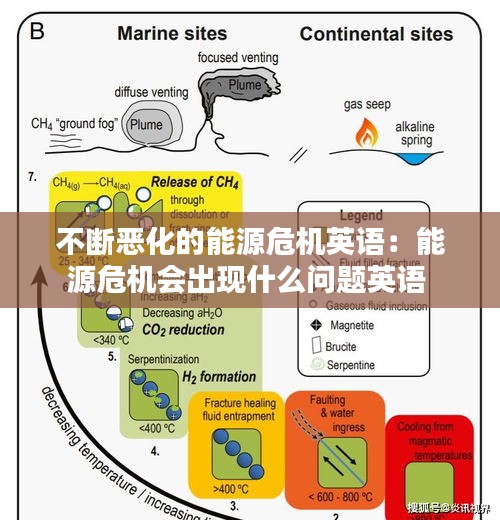Introduction to the Energy Crisis
The energy crisis has become a pressing issue worldwide, affecting economies, environments, and the daily lives of billions of people. As the demand for energy continues to rise with the growing population and industrialization, the availability of traditional energy sources is depleting at an alarming rate. This article aims to explore the ongoing energy crisis, its causes, and its potential consequences.
Depleting Non-Renewable Energy Sources
One of the primary reasons for the energy crisis is the rapid depletion of non-renewable energy sources, such as coal, oil, and natural gas. These resources have been the backbone of the global energy supply for centuries, but their finite nature means that they will eventually run out. The over-reliance on these resources has led to a situation where we are consuming them at a pace that outstrips their natural replenishment rate.
For instance, the International Energy Agency (IEA) has projected that global oil reserves will peak by 2020, with a significant decline in production rates following that. This is a worrying trend, especially considering that oil is not only used for transportation but also as a raw material in the production of plastics, fertilizers, and other essential products.
Environmental Impacts
The extraction and use of non-renewable energy sources have severe environmental consequences. The burning of coal, oil, and natural gas releases large amounts of greenhouse gases, such as carbon dioxide (CO2), methane (CH4), and nitrous oxide (N2O), which contribute to climate change. This has led to more frequent and severe weather events, rising sea levels, and the loss of biodiversity.
Additionally, the extraction of these resources often involves environmentally destructive practices, such as mining and drilling. These activities can contaminate water sources, destroy ecosystems, and lead to the displacement of local communities. The environmental damage caused by the energy crisis is not only a short-term concern but also a long-term threat to the planet's health and sustainability.
Increasing Energy Demand
As the global population continues to grow, so does the demand for energy. Developing countries are striving to achieve economic growth and improve the standard of living for their citizens, which requires a significant increase in energy consumption. This growing demand puts even more pressure on the already strained energy supply, exacerbating the crisis.
Furthermore, the industrial sector, which is responsible for a large portion of global energy consumption, is also expected to grow. The production of goods and services requires energy, and as the global economy expands, so does the need for energy to power factories, machines, and transportation systems.
Transition to Renewable Energy
Recognizing the urgency of the energy crisis, many governments and organizations are pushing for a transition to renewable energy sources. Solar, wind, hydro, and geothermal energy are some of the most promising alternatives to fossil fuels. These renewable sources are abundant, clean, and have the potential to meet the world's energy needs without depleting natural resources or causing environmental damage.
However, the transition to renewable energy is not without its challenges. The infrastructure required to support renewable energy systems is often expensive and time-consuming to build. Additionally, the intermittent nature of renewable energy sources, such as solar and wind, necessitates the development of storage technologies and a more flexible energy grid.
Economic and Social Consequences
The energy crisis has far-reaching economic and social consequences. In countries heavily reliant on fossil fuels, the decline in production can lead to job losses in the energy sector and a decrease in government revenue. This can have a ripple effect on the economy, leading to higher unemployment and reduced living standards.
Furthermore, the energy crisis can lead to social tensions and conflicts, particularly in regions where access to energy is scarce. The inability to meet basic energy needs can lead to increased poverty, health problems, and social unrest.
Conclusion
The energy crisis is a complex issue with multiple layers of challenges. The depletion of non-renewable energy sources, the increasing demand for energy, and the environmental impacts of energy production are all contributing factors. While the transition to renewable energy offers a promising solution, it requires significant investment, technological innovation, and international cooperation. Addressing the energy crisis will require a concerted effort from governments, businesses, and individuals to ensure a sustainable and secure energy future for all.
转载请注明来自域名查询工具,本文标题:《不断恶化的能源危机英语:能源危机会出现什么问题英语 》











 蜀ICP备2022005971号-1
蜀ICP备2022005971号-1
还没有评论,来说两句吧...